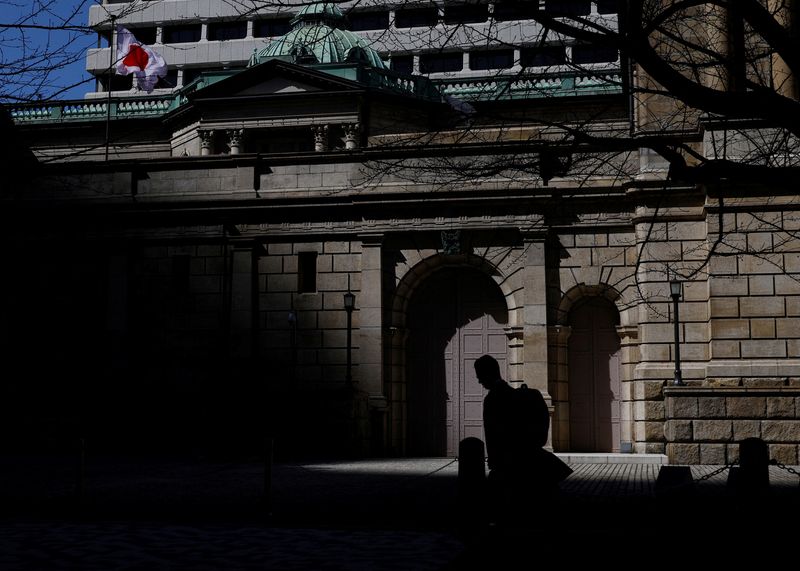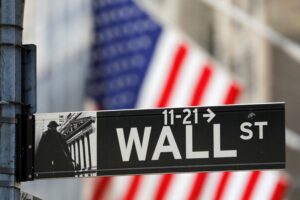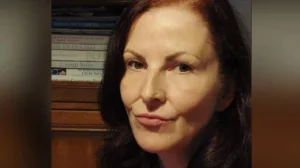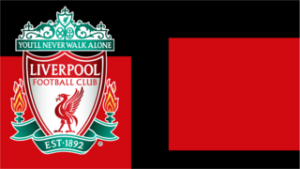BOJ debated rate-hike timing, some called for near-term move, Dec summary shows

By Leika Kihara
TOKYO (Reuters) -Some Bank of Japan policymakers saw conditions falling into place for an imminent rate hike with one predicting a move “in the near future,” a summary of opinions at the bank’s December meeting showed, keeping alive the chance of a January hike.
The BOJ held interest rates steady at 0.25% at this month’s meeting, a move governor Kazuo Ueda explained as aimed at scrutinising more data on next year’s wage momentum and clarity on the incoming U.S. administration’s economic policies.
“There are high uncertainties over the course of discussions on tax and fiscal policy in Japan and over the policy stance of the new U.S. administration taking office at the beginning of 2025,” one member was quoted as saying in the summary in calling for keeping policy steady at the Dec. 18-19 meeting.
Another opinion also voiced concern over still-weak profitability of smaller firms in Japan and high uncertainty over the overseas economy, the summary showed on Friday.
But others signalled that conditions for raising interest rates were falling into place.
While stressing the need to monitor uncertainty over the U.S. economy for now, one member said the BOJ “will likely decide to raise the policy interest rate in the near future,” the summary showed.
“While there remain uncertainties regarding overseas economies, Japan’s economy is in a state where the degree of monetary accommodation can be adjusted,” another opinion showed.
HAWK-DOVE DIVIDE
The BOJ ended negative interest rates in March and raised its short-term policy target to 0.25% in July. It has signalled a readiness to hike again if wages and prices move as projected.
All respondents in a Reuters poll taken earlier this month expected the BOJ to raise rates to 0.50% by end-March. The BOJ next meets for a policy review on Jan. 23-24.
While the summary was closely watched by markets for any hints on the chance of a January rate hike, the nine-member board appeared divided between those who favoured acting soon, and others who fretted about slow wage growth and soft overseas demand.
A member in the hawkish camp said the BOJ must raise rates in a “forward-looking, timely and gradual manner” as risks to prices have become skewed to the upside, the summary showed.
Another opinion said the BOJ should raise rates in a preemptive manner as renewed rises in import prices, driven largely by a weak yen, will likely accelerate inflation further.
At the October meeting, board member Naoki Tamura proposed unsuccessfully to raise interest rates to 0.5%.
Among the doves, one member said there was no pressing need to hike rates now with import costs stabilising and wage growth still not catching up with the pace of inflation.
“It will take some time for wage hikes to push up services prices,” due to soft consumption, another opinion showed.
Japan’s economy expanded an annualised 1.2% in the three months to September, slowing from the previous quarter’s 2.2% growth, with consumption up a feeble 0.7%.
BOJ policymakers hope that workers’ regular pay, which recently has been rising at an annual pace of 2.5% to 3%, keeps increasing and supports consumption.
There are growing signs that companies are keen to continue hiking pay due to intensifying labour shortages. But slowing demand in China and uncertainty over U.S. president-elect Donald Trump’s policies could weigh on corporate profits.

The BOJ’s report on regional economies, due on Jan. 9, will offer clues on whether wage hikes are broadening out and taking root among smaller firms.
BOJ Deputy Governor Ryozo Himino will also deliver a speech and hold a news conference on Jan. 14, which may offer further hints on whether the bank will raise rates next month.





